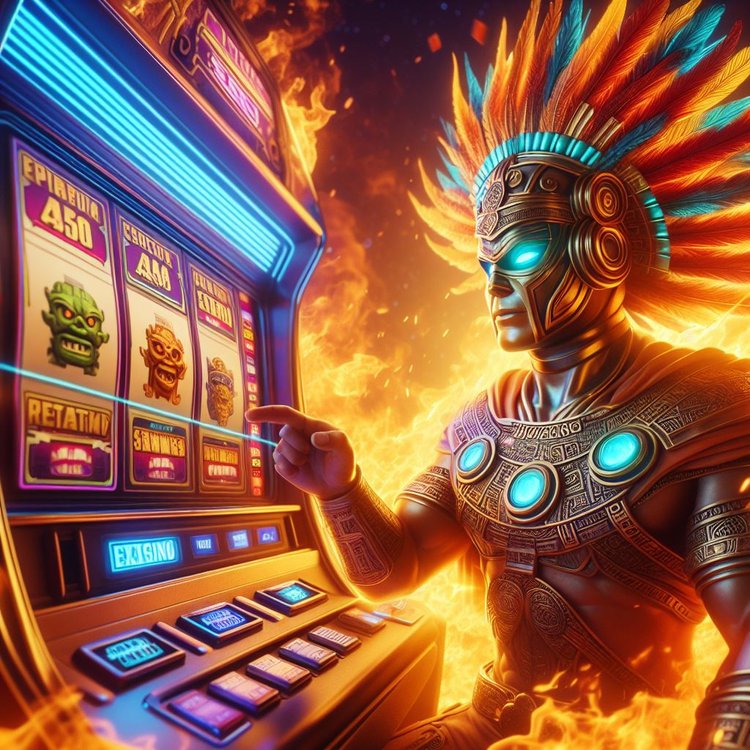Introduction: Games have been an integral part of human culture for millennia. From ancient board games like Senet in Egypt to modern-day video games like Fortnite, games have evolved significantly, shaping our leisure time, social interactions, and even our understanding of technology. This article delves into the rich history, diverse forms, and profound impact of games on society.
The Historical Tapestry of Games: The origins of games can be traced back thousands of years. Ancient civilizations indulged in various forms of games, ranging from strategic board games to physical contests. These games not only provided entertainment but also served as tools for social bonding, skill development, and cultural expression.
Board games like Chess and Go emerged as sophisticated sikat 88 slot strategic challenges, reflecting the intellectual prowess of their players. These games transcended borders and were adopted and adapted by different cultures, contributing to their enduring popularity.
The Industrial Revolution brought about a significant shift in gaming, with the mass production of board games making them more accessible to the general populace. Games like Monopoly and Scrabble became household names, fostering family gatherings and friendly competitions.
The Rise of Video Games: The latter half of the 20th century witnessed the emergence of video games, marking a paradigm shift in gaming culture. Pong, released in 1972, is often credited as the first commercially successful video game, laying the foundation for an industry that would explode in popularity and innovation.
The evolution of technology propelled video games into new realms of creativity and immersion. From the pixelated landscapes of early arcade games to the photorealistic environments of modern titles, the visual and auditory experiences offered by video games have become increasingly captivating.
The social aspect of gaming also underwent a transformation with the advent of multiplayer and online gaming. Platforms like Xbox Live and Steam enabled gamers to connect and compete with players from around the world, fostering a global community united by a shared passion for gaming.
Games as Cultural Phenomena: In recent years, games have transcended their status as mere pastimes to become influential cultural phenomena. The narratives and themes explored in games have become increasingly sophisticated, addressing complex issues such as identity, morality, and social justice.
Games like The Last of Us, Red Dead Redemption 2, and Life is Strange have garnered critical acclaim for their compelling storytelling and nuanced character development. These titles demonstrate the potential of games as a medium for immersive storytelling, capable of eliciting profound emotional responses from players.
Furthermore, the esports industry has surged in popularity, with competitive gaming tournaments drawing millions of viewers worldwide. Games like League of Legends, Dota 2, and Counter-Strike: Global Offensive have become esports juggernauts, attracting top-tier talent and lucrative sponsorships.
Conclusion: Games have come a long way since their humble beginnings, evolving into a diverse and influential medium that encompasses everything from traditional board games to cutting-edge virtual reality experiences. As technology continues to advance and societal attitudes towards gaming evolve, the future of games appears boundless, …


